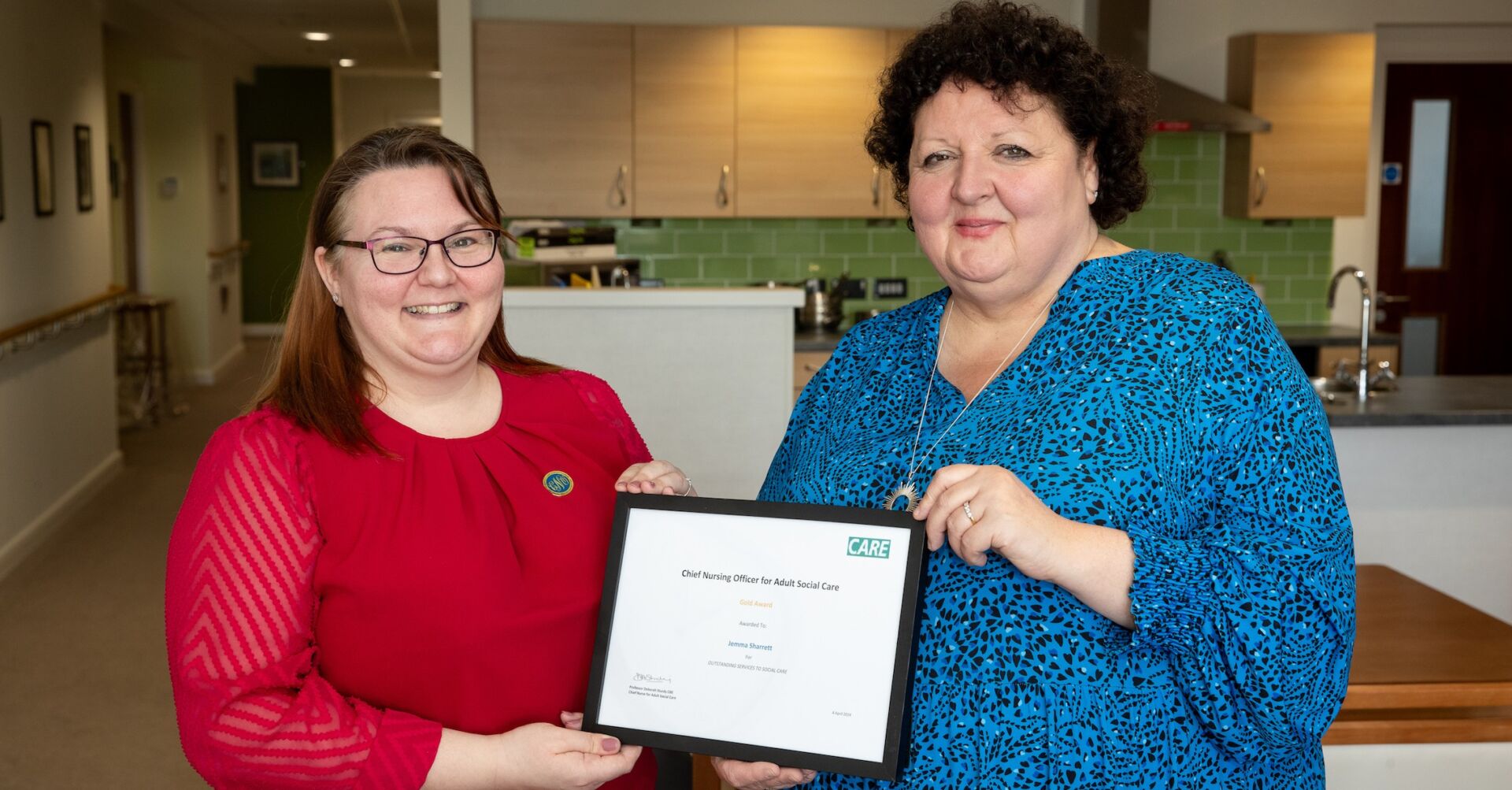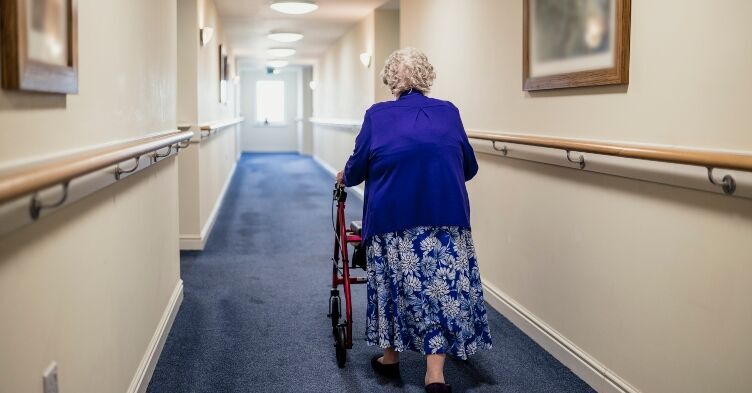Community nursing and nurse counselling are the areas suffering most from an overall lack of specialist sickle cell nurses, a new report has found.
The Sickle Cell Society’s latest investigation into workforce shortages – called The difference between life and death – said there was an ‘overwhelming consensus’ among healthcare professionals that numbers of specialist sickle cell nurses are insufficient to ensure a good standard of care is delivered to patients.
According to the report, this view is supported by data showing that numbers of specialist sickle cell nurses in many areas of the country are lower than recommended by experts.
Despite the importance of community nursing in managing sickle cell, it is ‘often lacking or entirely absent’, the report said.
The British Society for Haematology is quoted as saying that ‘there is virtually no community nurse specialist support in most regions in England’ for sickle cell.
Nurse counselling was also highlighted as being ‘not sufficiently available’. According to the view of the North Central London and East of England Haemoglobinopathy Coordinating Centre, there are ‘inadequate numbers [of nurse counsellors] to provide a safe, easily accessible service and often staff doing multiple roles and double-counted’.
Within the context of across-the-board workforce shortages for sickle cell, considerable regional variation was found.
Data secured for the report showed that only two of the 10 regional sickle cell care networks had a specialist nurse/patient ratio that was above the minimum threshold experts said was needed to be met to provide a routinely good standard of care.
The best staffed of the networks had one full-time equivalent specialist nurse for every 87.68 patients. In contrast, there was a sub-optimal specialist sickle cell nurse/patient ratio in six of the regional sickle cell care networks for which the report was able to secure data, with the most poorly staffed having one full-time equivalent specialist nurse for every 199.7 patients.
The report urged NHS England to undertake a review of current national sickle cell workforce provision to assess where need is greatest, and allocate NHS Long Term Workforce Plan-linked funding for new nursing places accordingly for sickle cell services.
The report also called for a review of how sickle cell nursing roles are currently commissioned across the country, in order to establish a more cohesive approach that ensures greater alignment between acute and community-based care.
A Sickle Cell Society spokesperson said: ‘We urge NHS England to take action now to ensure all sickle cell patients have access to the specialist care they are entitled to.’
An NHS spokesperson commented: ‘Providing the best treatment and support for people living with sickle cell disease – which can be an extremely debilitating condition – remains a priority for the NHS, and we have recently established 10 new centres for sickle cell disease across the country, including dozens of specialist teams.
‘The NHS continues to promote e-learning to support healthcare professionals to improve their knowledge of the condition, how to spot a crisis and the healthcare inequalities facing patients.’







